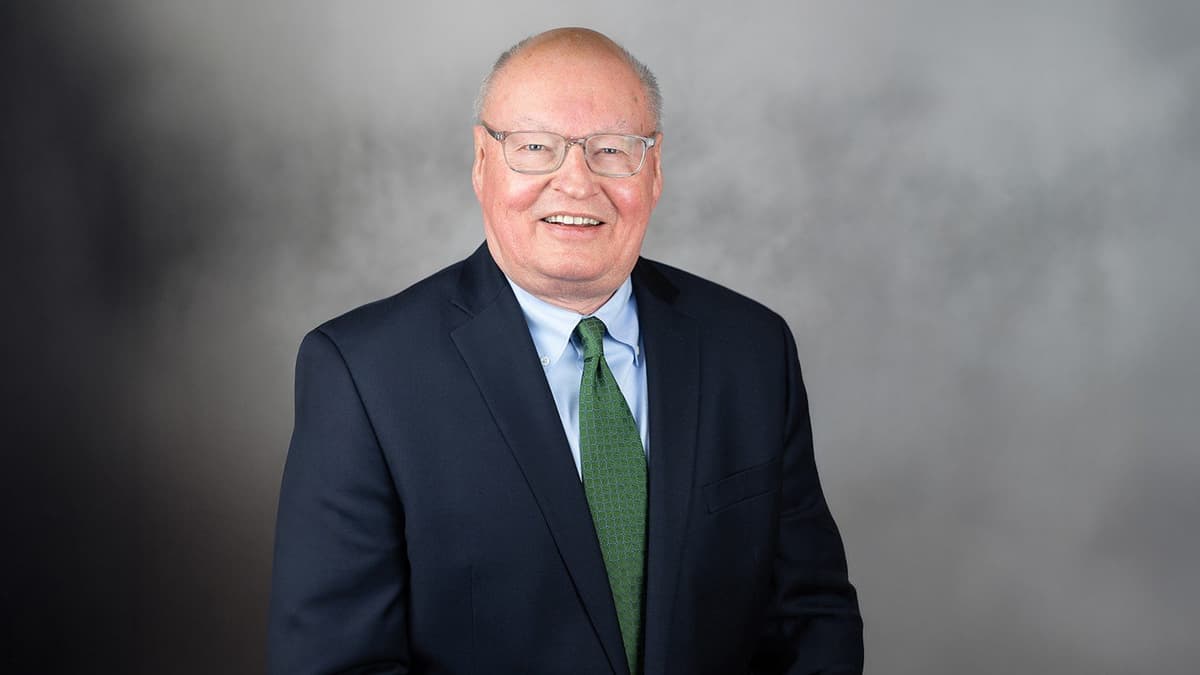It’s a fact. Artificial intelligence is a part of your life, whether you know it or not. But what will be the impact of AI on your work, your business, or your next career?
To help answer that question, Seattle Pacific University’s upcoming conference, “AI and the Future of Work” (in-person Sept. 20-21 and online Oct. 19), will look at the current and future impact of artificial intelligence in a variety of disciplines as well as offer practical tips and hands-on learning. “The conference is not just for those working in the tech field,” says co-chair and SPU Professor of Philosophy Rebekah Rice. “It’s more about, ‘How should I think about my work and career path with AI now being a part of it?”
SPU faculty will lead sessions on the latest developments and ethical impacts in AI, including a workshop on one of the most common uses for this new technology, “Writing with AI.” Professional workshops on business, education, health care, psychology, and ministry will include hands-on learning and discussions.
One session, “AI and the Church,” led by an SPU theology professor, will explore the questions; How does the church use AI? How can Christian beliefs inform our posture toward AI? How might AI benefit or detract from the mission of the church? What are best practices for engaging AI as a Christian?
The conference is designed for anyone interested in AI. Rice says the initiative behind the conference is to provide a “nuts and bolts” understanding and lay the groundwork for ethical reasoning. “AI is all over the place, and it raises a lot of questions about how to approach it.” SPU students are also invited to join the conference.
The topic of artificial intelligence has been a focus at SPU for several years. A faculty research group begin in 2018 composed of professors in theology, ethics, philosophy, neuroscience, and computer science. They created a research project to explore the impact of AI from various disciplines and the perspective of Christian faith. The project culminated in a book, AI, Faith, and the Future: An Interdisciplinary Approach. Lectures and faculty resources have been created, such as “faculty guidance on AI writing tools” and “AI literacy for faculty.” Business professors have incorporated lessons for students on the moral implications of big data and examining the help and harm caused by AI. In January 2024, the campus community came together for SPU’s annual Day of Common Learning to hear from renowned scholars and faculty on “Digital Discernment: Navigating Life, Faith, and Technology, with sessions on “AI Tools in the Classroom — a Live Experiment” and “Digital Discernment at Home, School, and Church.”
Beginning in September 2024, SPU will launch an AI and Society program with several courses designed to increase students’ familiarity with AI technologies and help them think carefully about the social benefits and potential harms they pose. Upon completion of the program, students will receive digital badges to add to their résumés.
Rice says it’s important to take the time to understand the impact of AI. “We all need to be thinking about what type of future society we want. If AI displaces workers, how do we rework society?”




